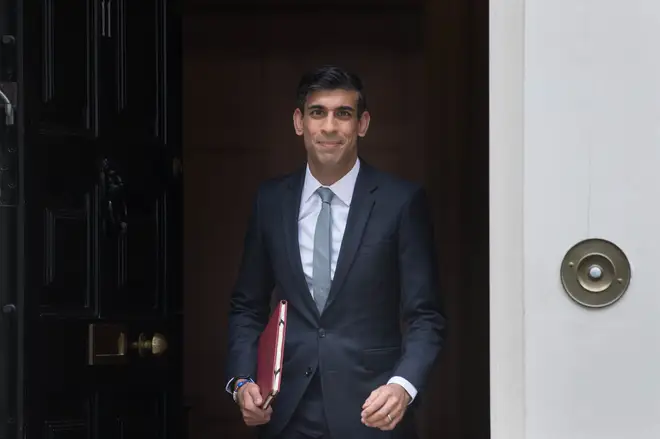
Nick Ferrari 7am - 10am
15 July 2020, 20:17

Mel Stride on Rishi Sunak at the Treasury Select Committee hearing
The Chair of the Treasury Select Committee said that the Chancellor may have to hike taxes in order to protect the UK economy after the pandemic.
Chancellor of the Exchequer Rishi Sunak was in front of the Treasury Select Committee today to answer questions about how he has been managing the economic challenges of coronavirus. Mel Stride, the Chair of the Treasury Select Committee joined Iain Dale to share share his findings.
He told Iain that the committee "wanted to look at the kind of support he's been providing" in terms of the furlough scheme and any business support teams that have been started during the pandemic.
In terms of how he saw the economy panning out, Mr Stride said that "he was very realistic...accepting the public finances are in a very difficult and unsustainable place and difficult decisions will have to be made going forward."
Iain noted that Rishi Sunak has "become a very popular politician" during lockdown and put to Mr Stride that "there will come a time where he's going to have to make some very very tough decisions on how all of this is going to be paid for."

Iain wanted to know if there was any hint by the Chancellor of "whether we're going to see some degree of austerity" as the country eases from lockdown.
Mr Stride noted that the Chancellor held his cards close to his chest, but "reading between the lines and seeing the way the economy is, we're going to come through this crisis with a very elevated structural deficit, that will have to be dealt with."
"my guess is that he strongly senses that theres going to be a big pressure now, particularly now if the economy is in a particularly bad way, to raise taxes in order to get on top of that deficit"